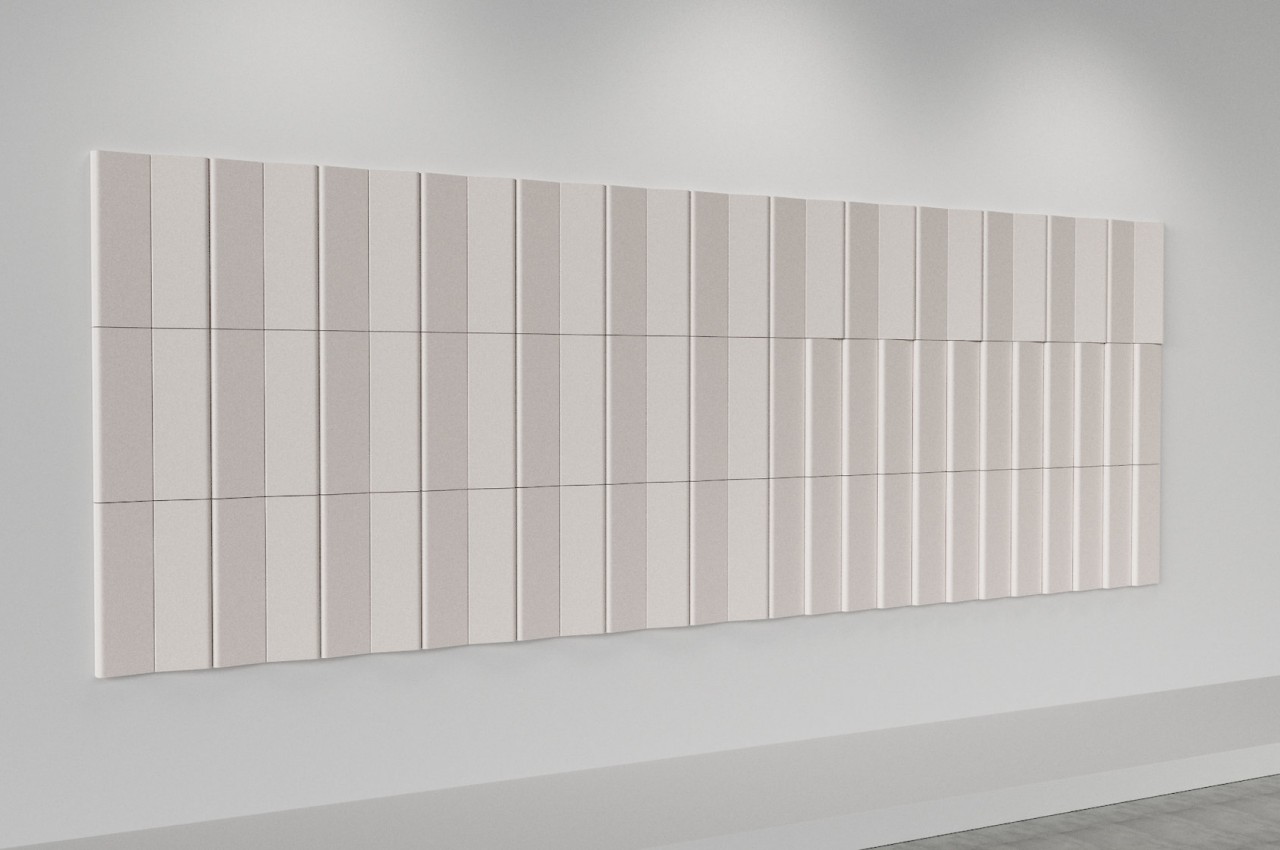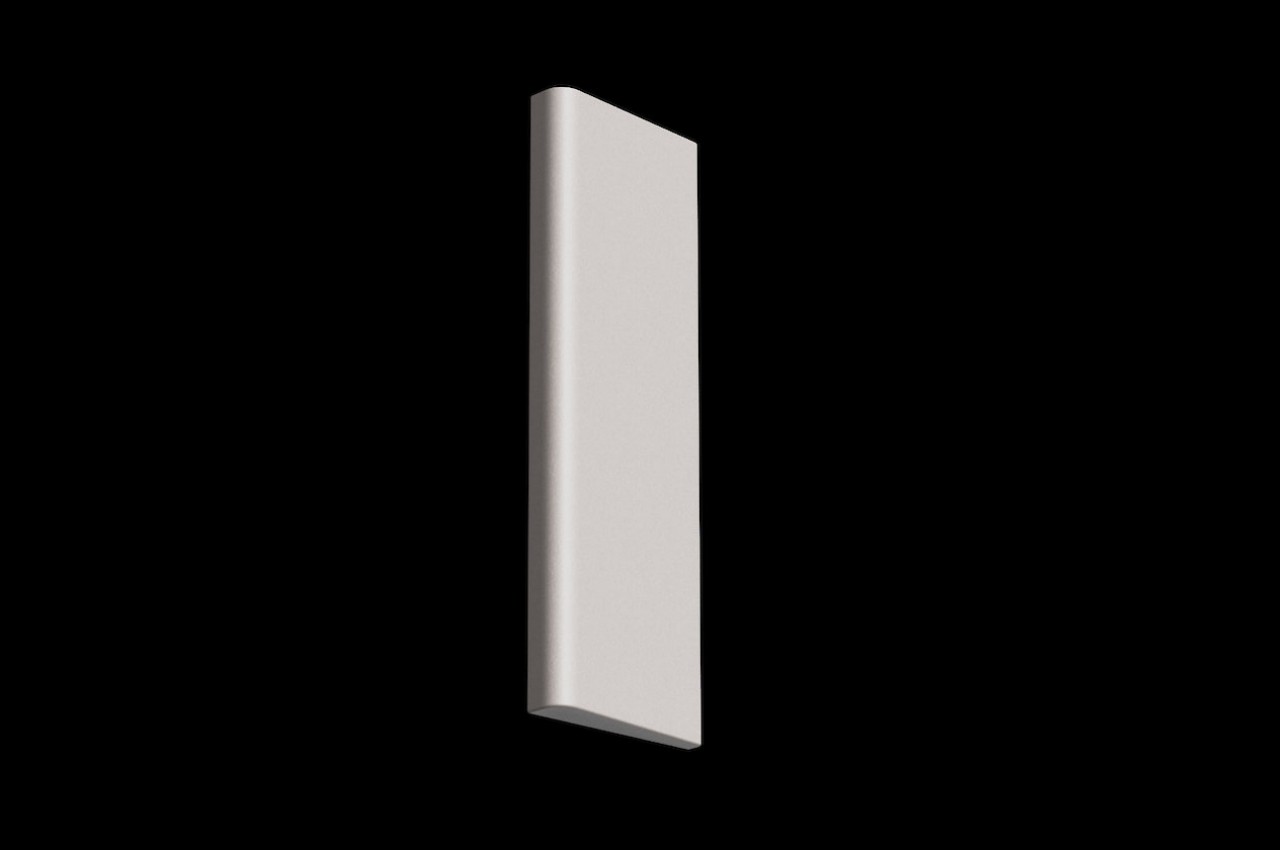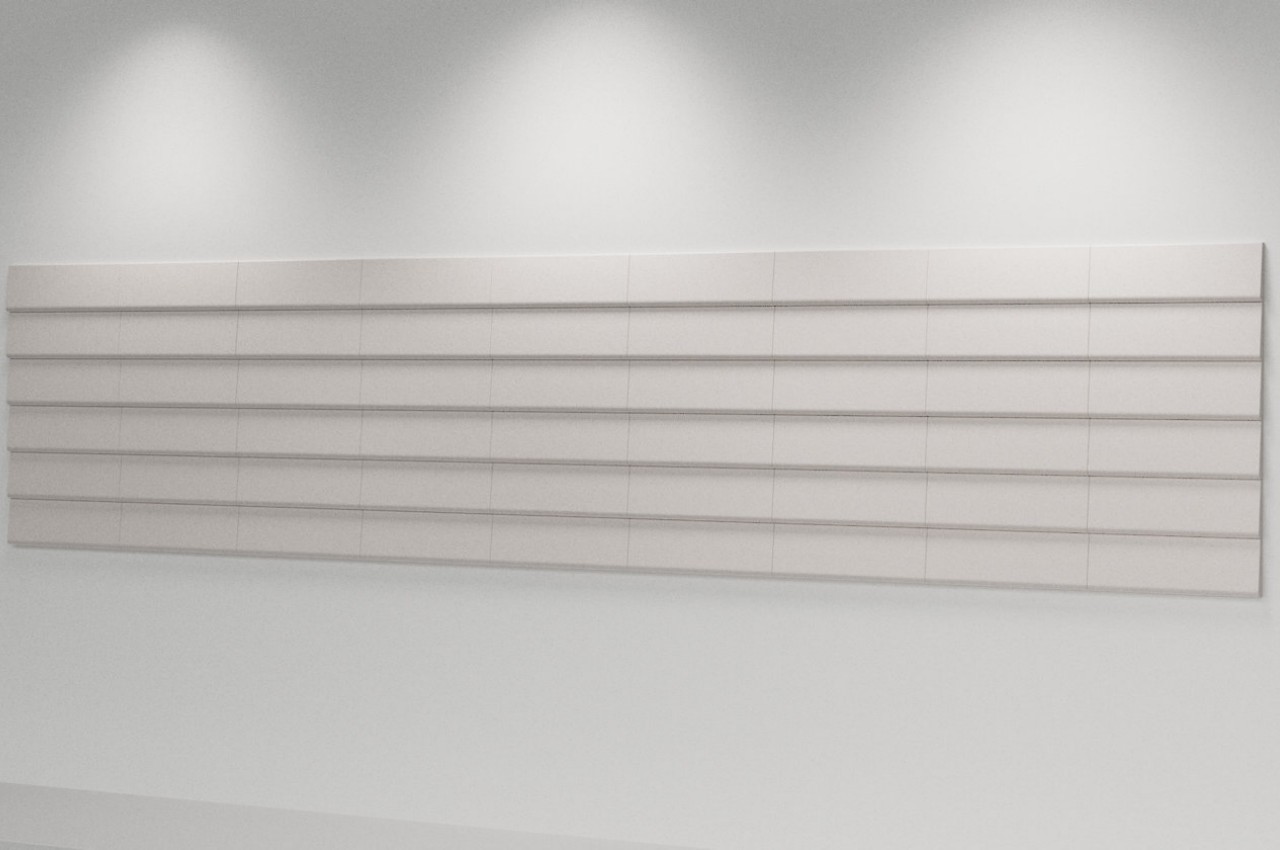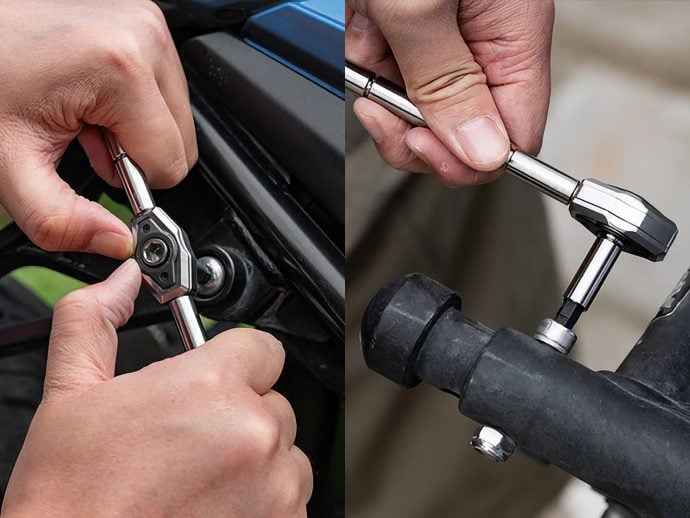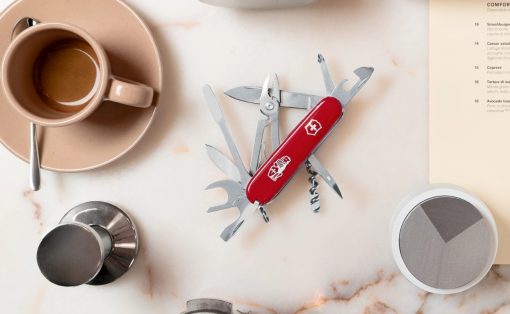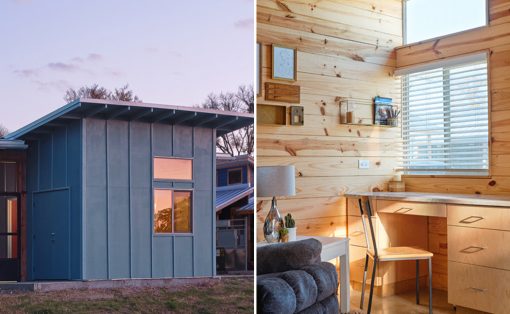When it comes to homes, the living room and the dining table are often the go-to places for interactions and socialization. These days, however, the lines separating these areas are blurring, if not totally gone, and the kitchen has also become a hub, especially for people who congregate around food and their preparation. Unfortunately, very few people actually pay attention to the appearance of kitchens, looking at them more as functional places that are hidden from the view of other people. Functionality and aesthetics aren’t mutually exclusive, however, and this modular kitchen furniture system demonstrates how careful and smart design can bring not only flexibility but even beauty to any kitchen space.
Designer: SWNA
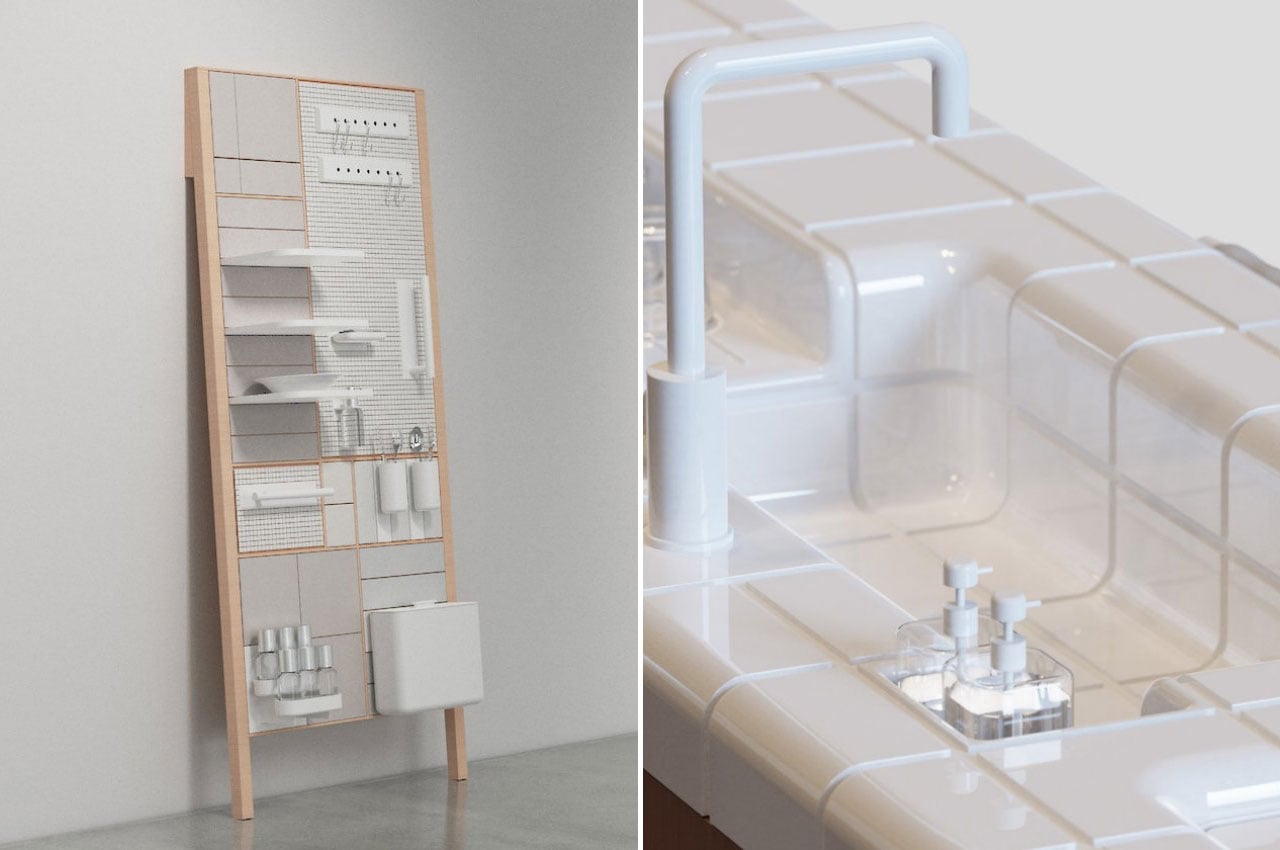
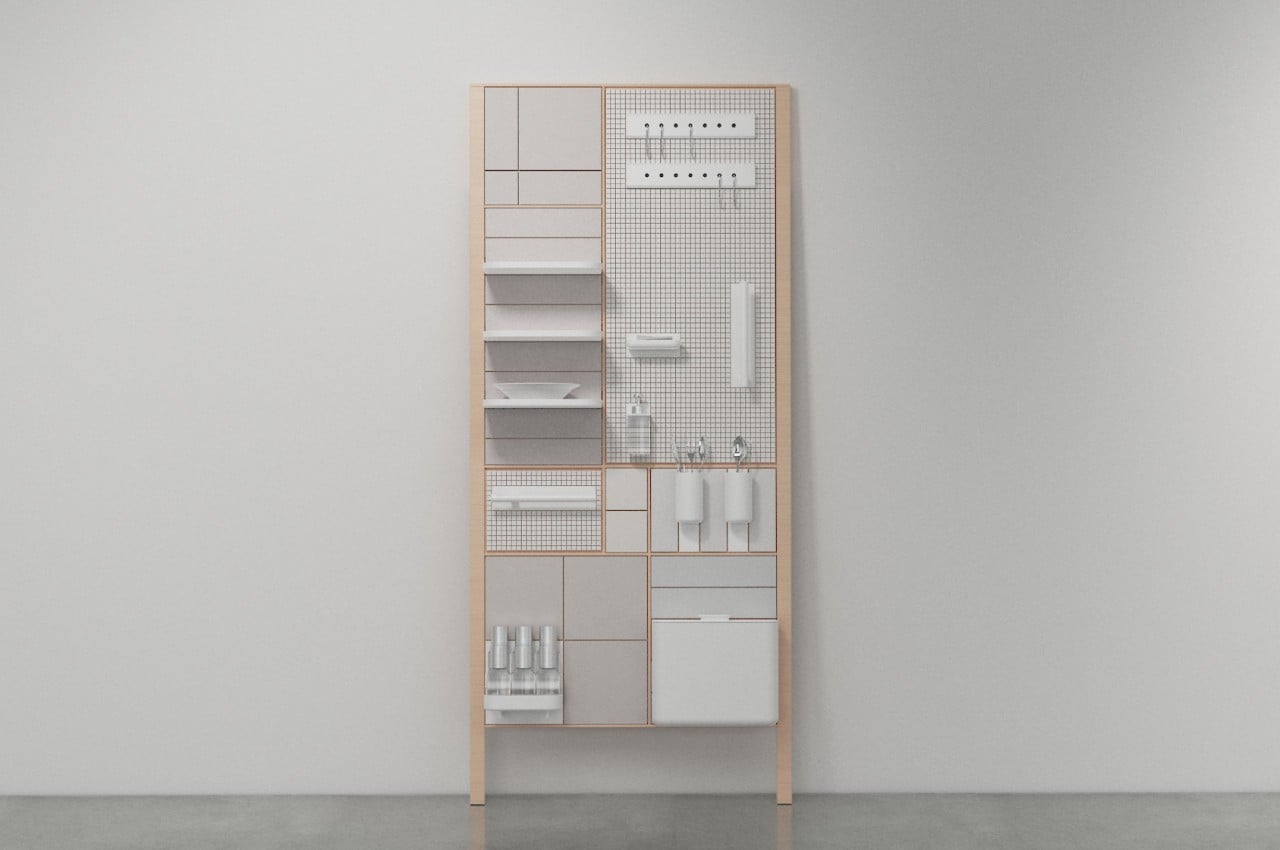
There are plenty of beautiful kitchen designs, of course, but the vast majority of these employ elaborate furniture, luxurious materials, and the like. Some even sacrifice a bit of convenience and flexibility just to maintain appearances. Cooking tools and tableware are neatly tucked away in cabinets and shelves, hidden from view and out of immediate reach. The Dancing Grid, in contrast, lays everything out in the open and instead uses the very same objects to make the kitchen look alive and visually interesting.
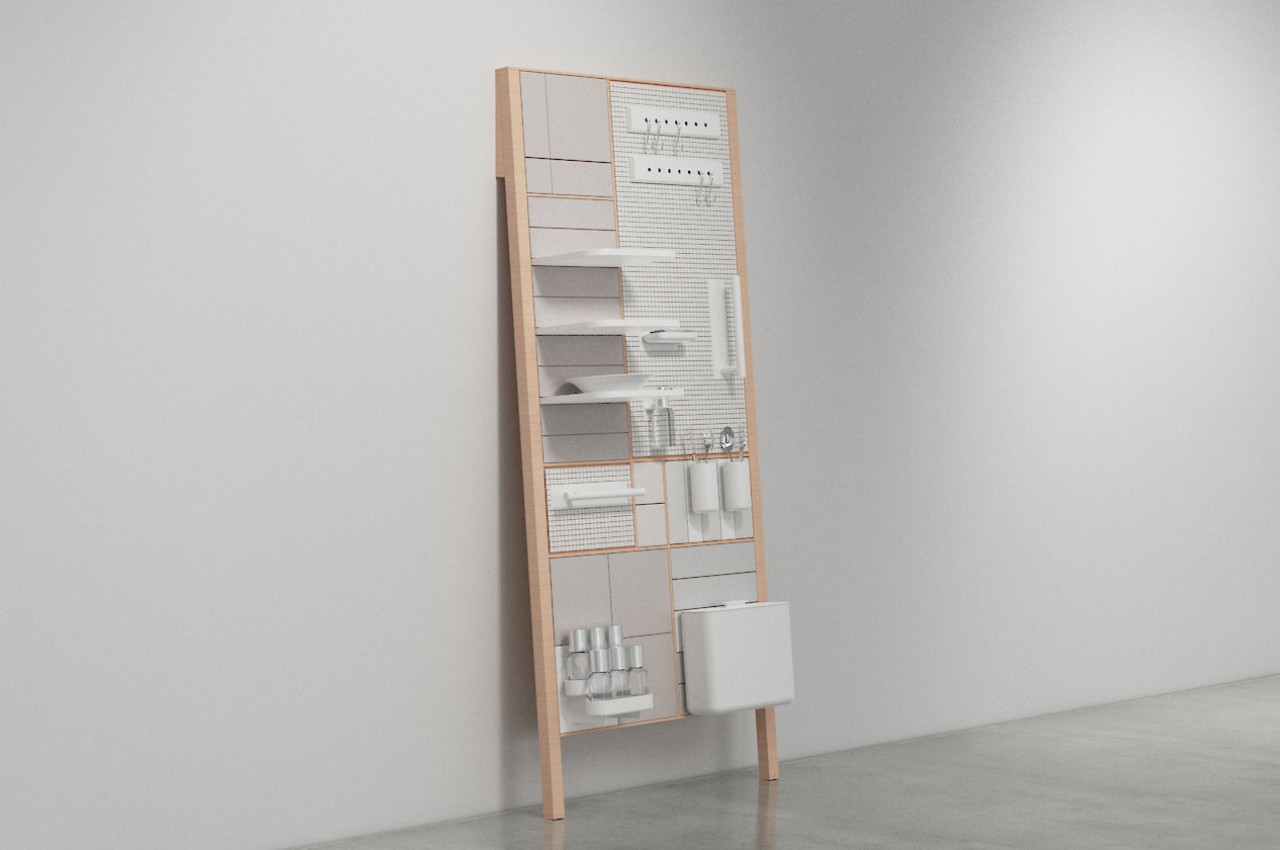
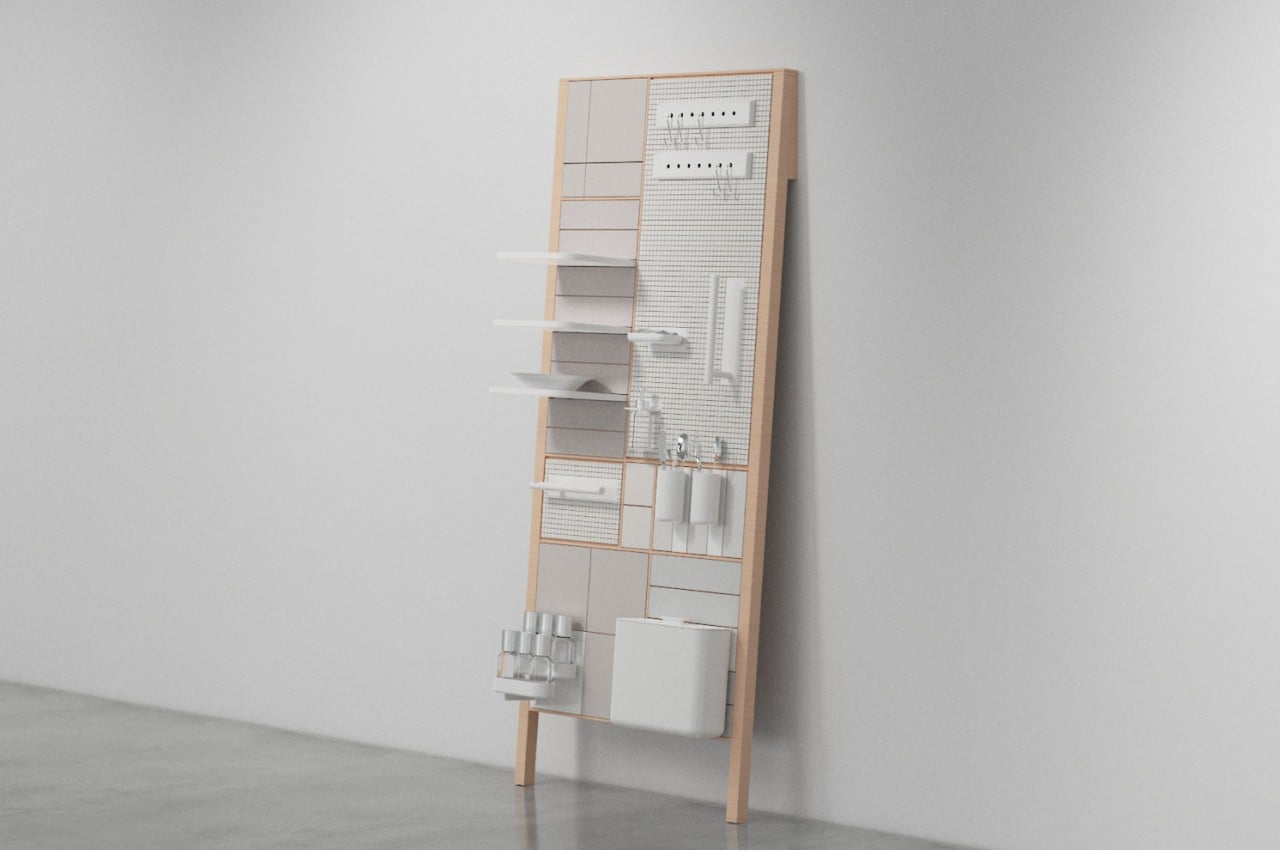
The Dancing Grid is more than just a wall shelf for showing off your kitchen wares, however. Its real selling point isn’t just the modularity, but that is definitely an important element of its appeal. It’s the tasteful use of tiles, a common sight in many kitchens. The different tiles have different functions, ranging from shelving to peg boards to blank spaces that providing some “breathing room” for the arrangement. The Dancing Grid not only provides the storage functionality that homeowners need, it also delivers it in an interesting manner that adds some personal touch to your kitchen.
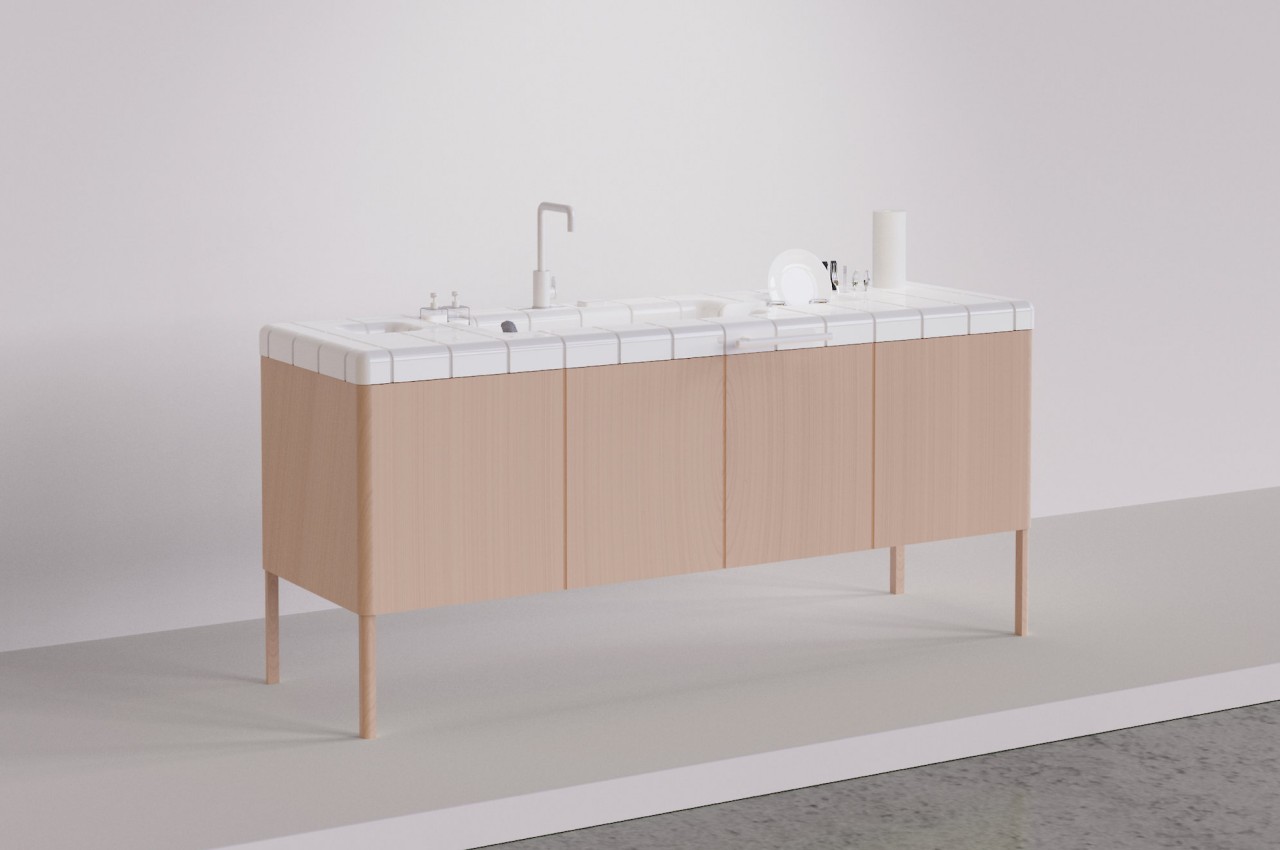
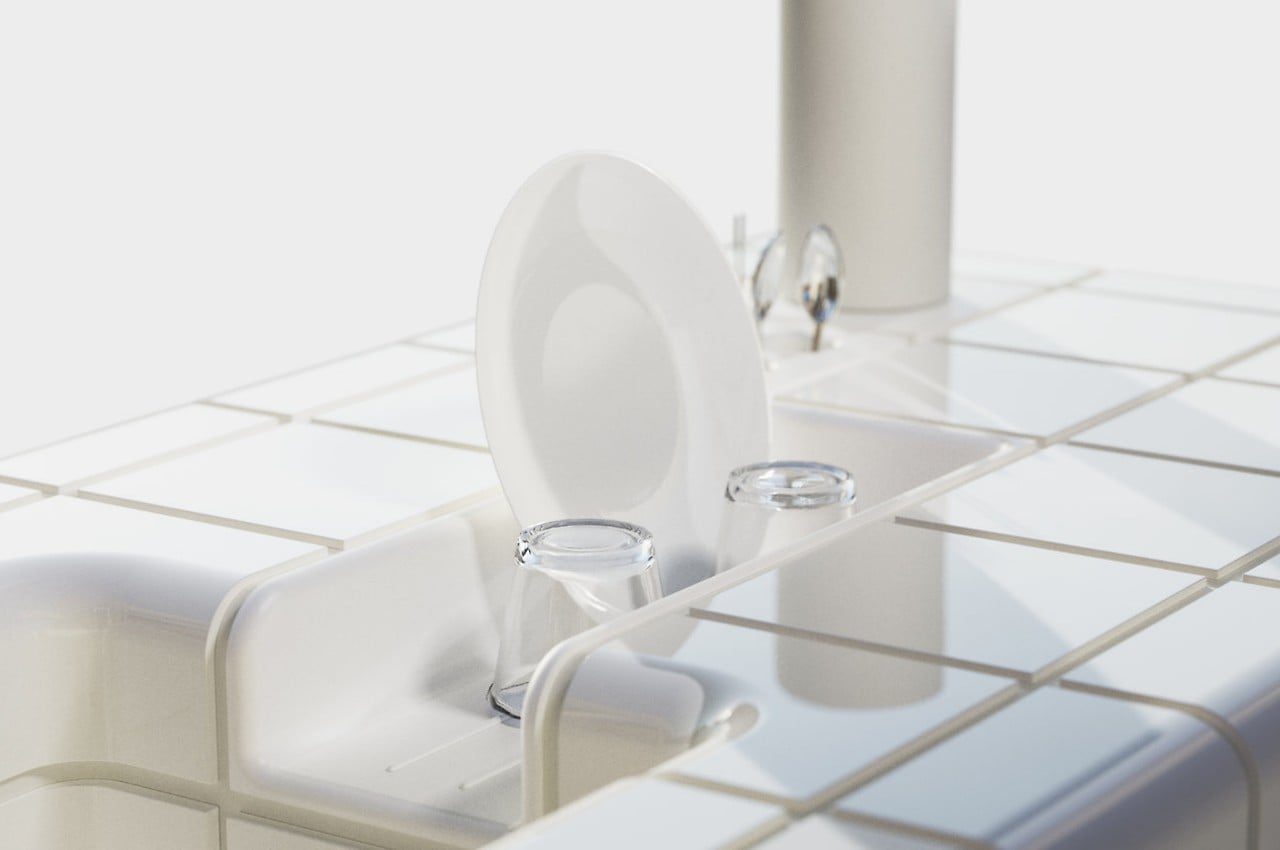
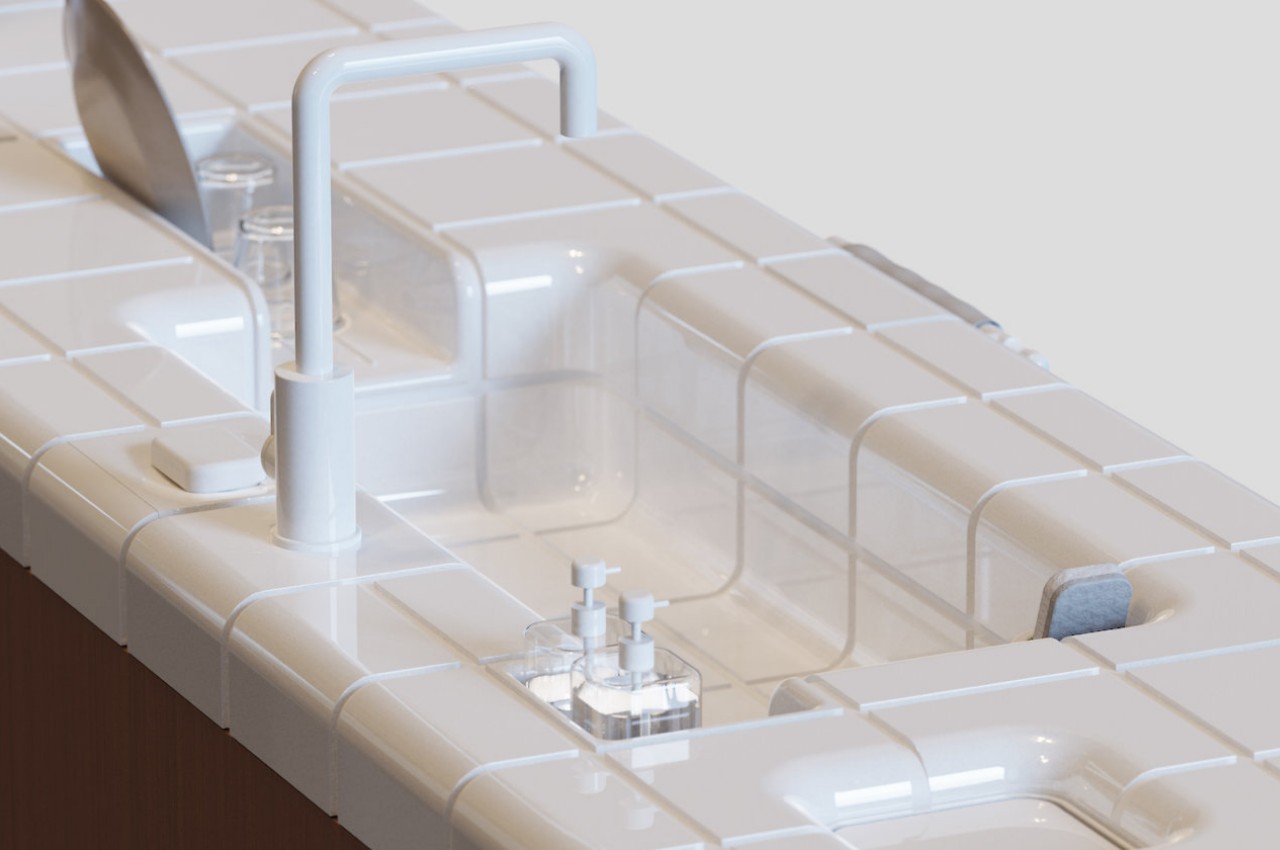
The In-Out tiles, on the other hand, are designed for horizontal surfaces, like kitchen tables and sinks. In fact, the design replaces the conventional metal sink with these tiles, creating a uniform appearance that conveys the image of smoothness even in corners. It still has an element of modularity where owners can create different combinations of containers and slots as their needs dictate.
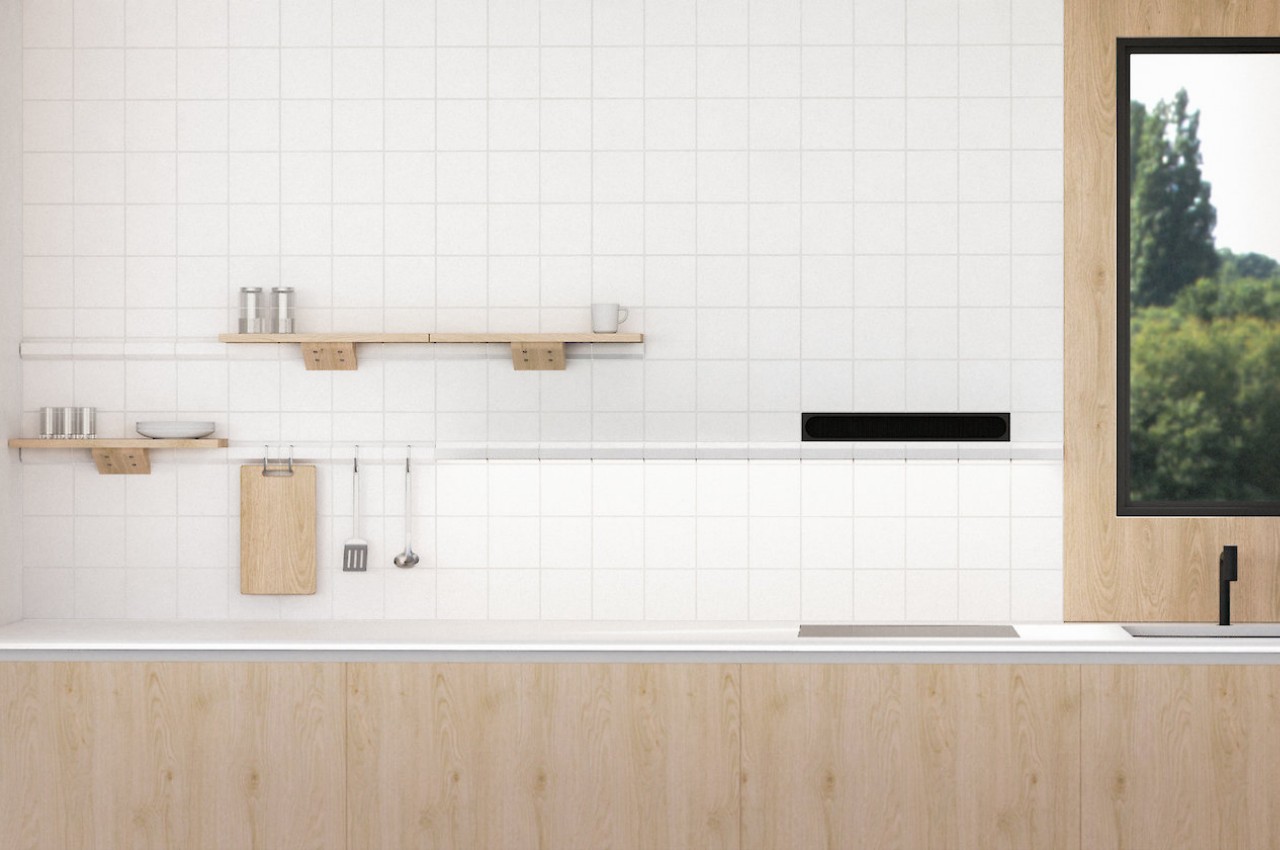
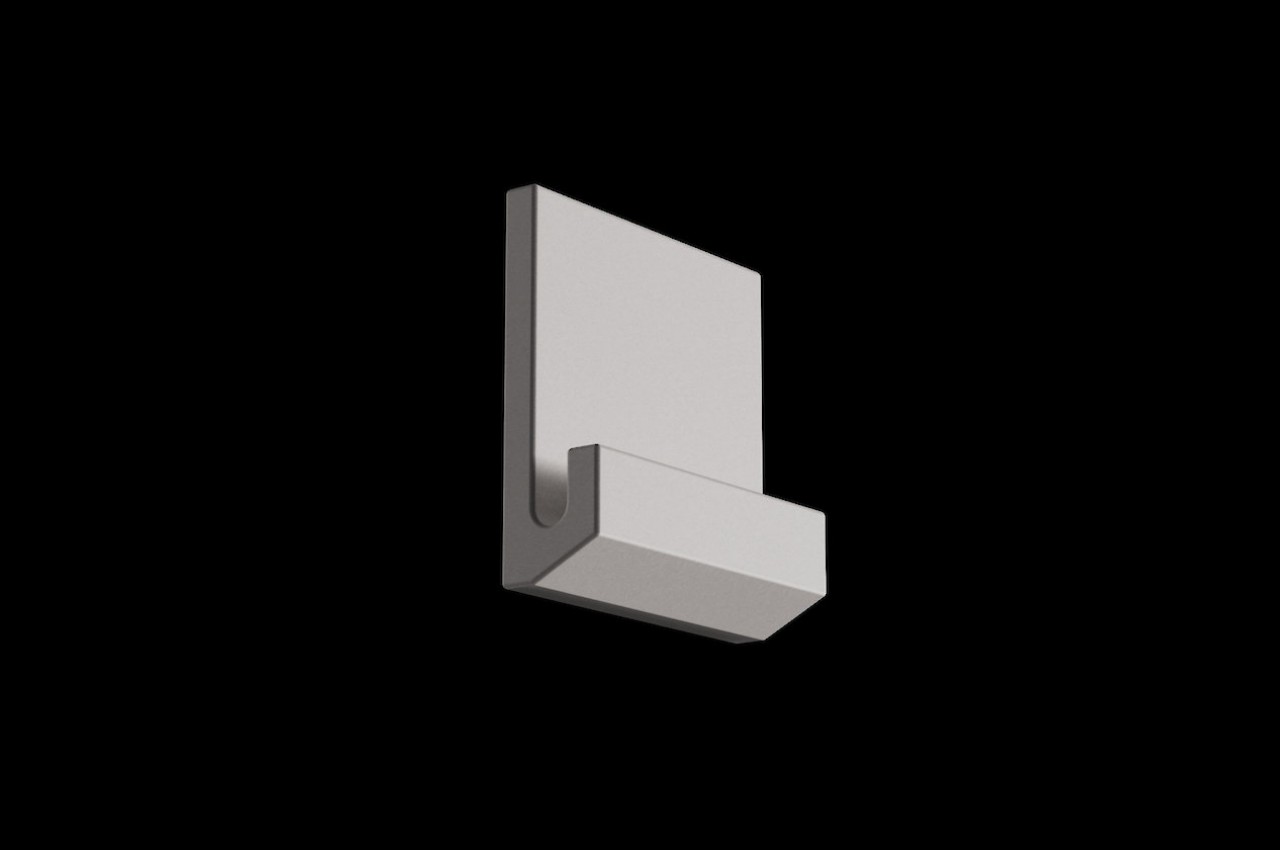
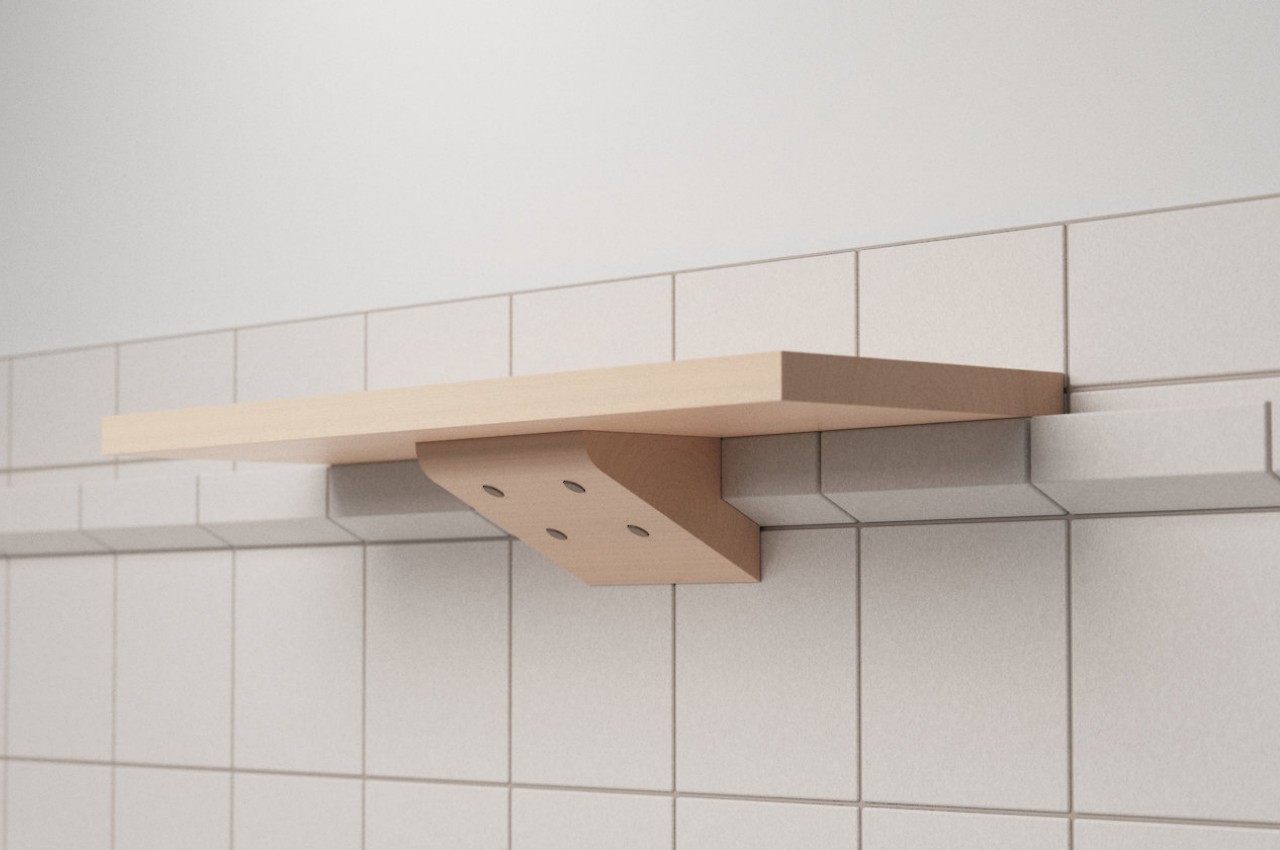
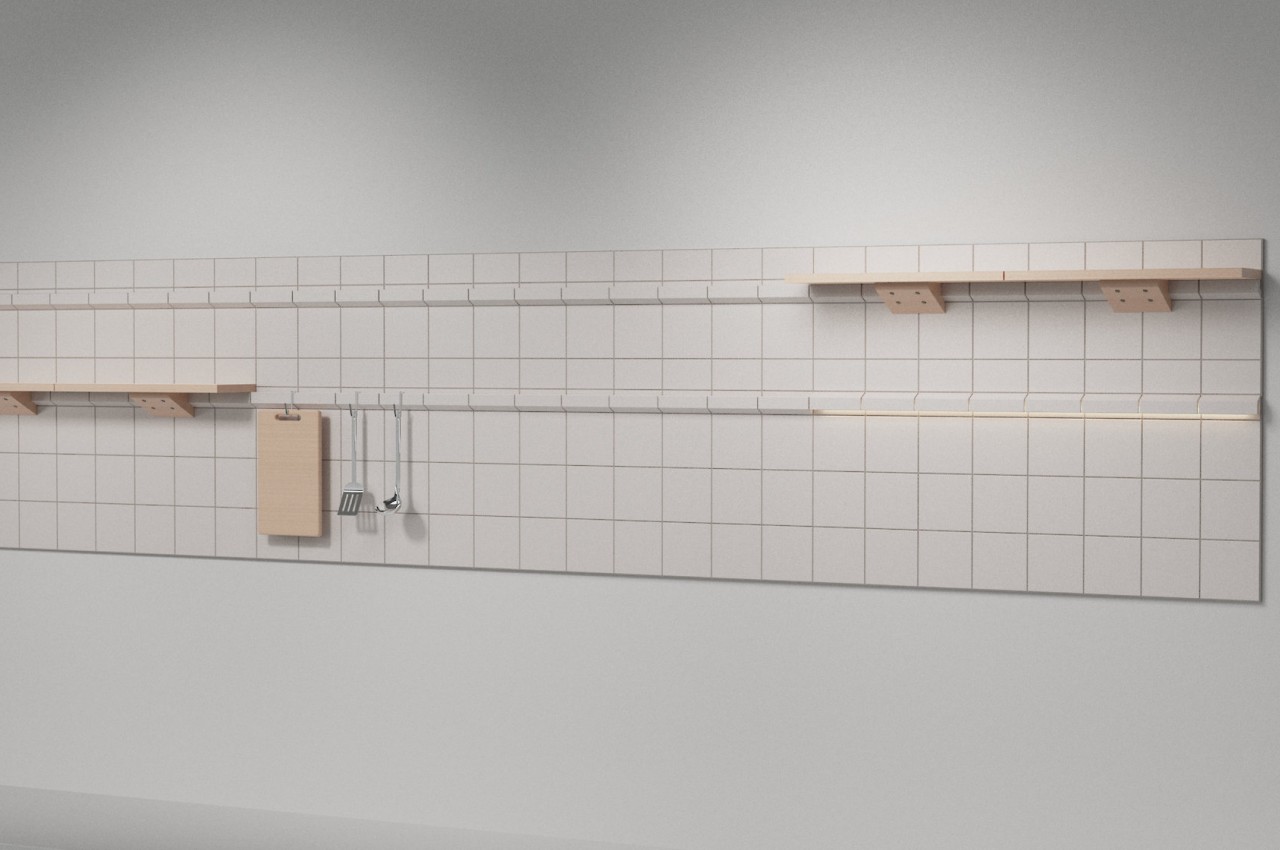
Hoook tiles (not a typo) bring a different kind of flexibility. The rectilinear tiles provide a way to hang utensils or hooks as well as an add-on shelf for objects that need to stand on a flat surface. When the tile is placed upside-down, however, it creates a convenient groove to hide lighting, such as an LED strip, to add to the ambiance of the kitchen in a subtle way. Last but not least, Shaded is a purely decorative tile that gives the illusion of different hues without actually adding color, thanks to its play of light and shadows from its slightly angled form. Without going overboard and using the single concept of tiles, this modular kitchen system is able to create a more interesting atmosphere that people can gather in while still keeping kitchen functionality at its maximum.
